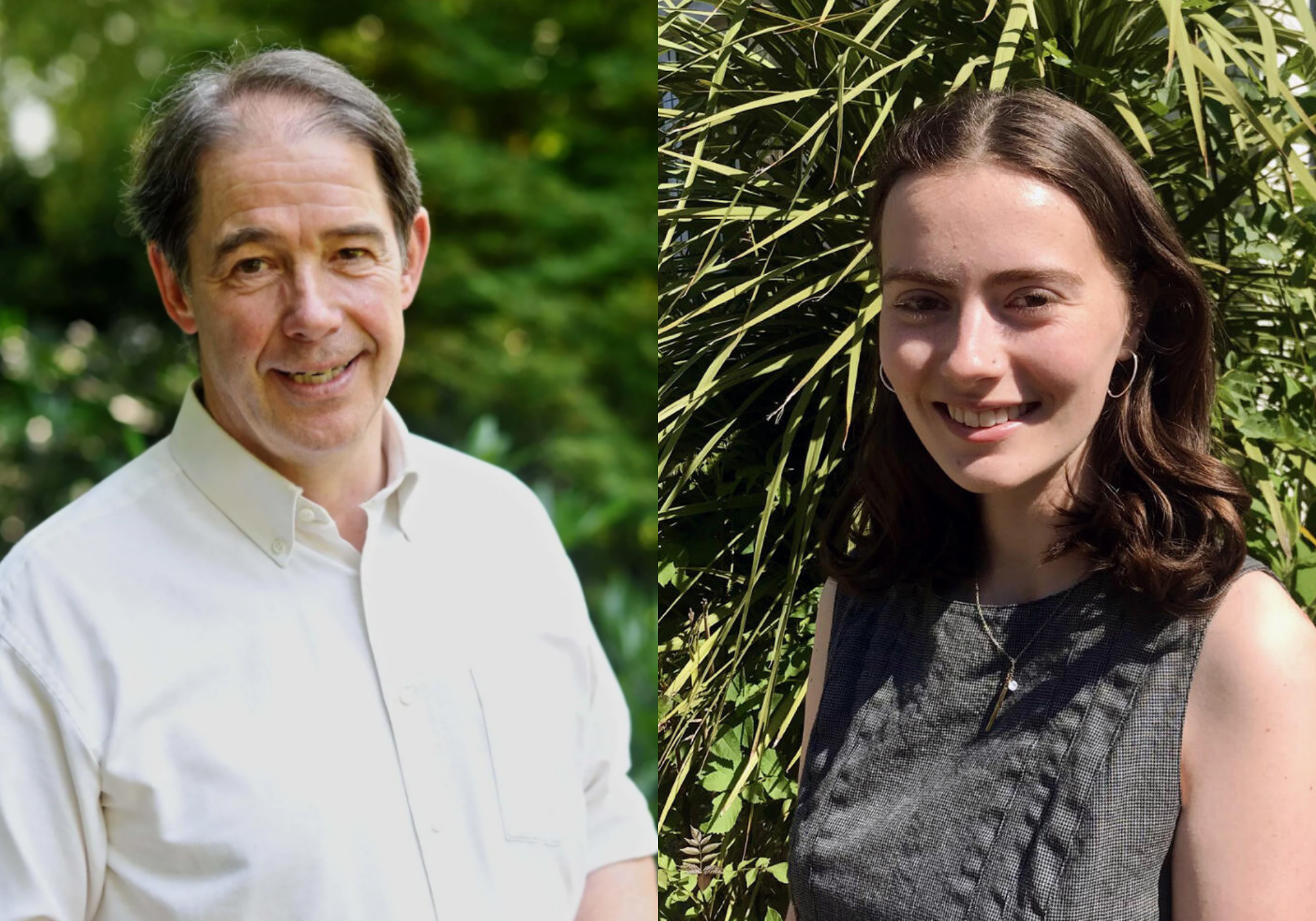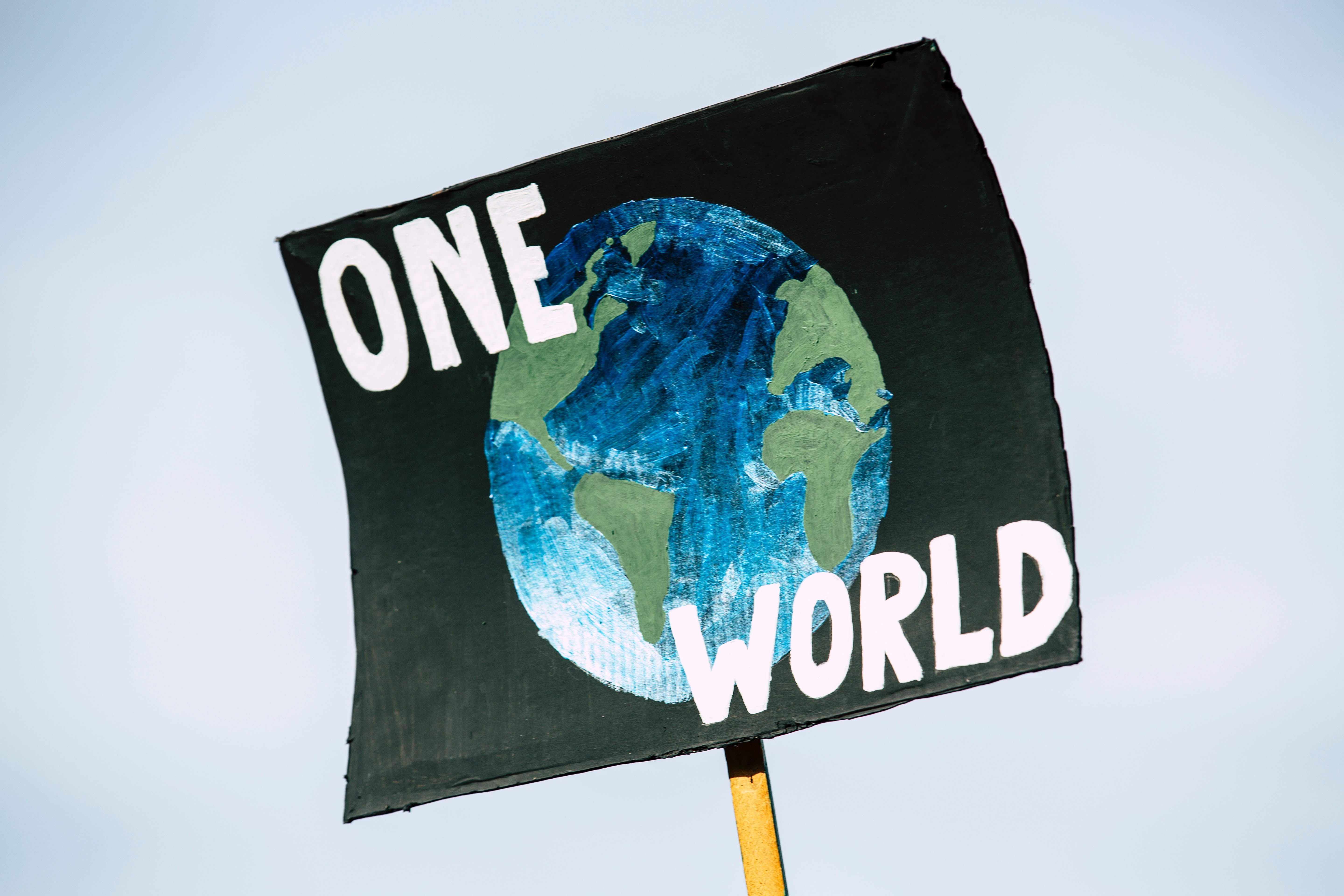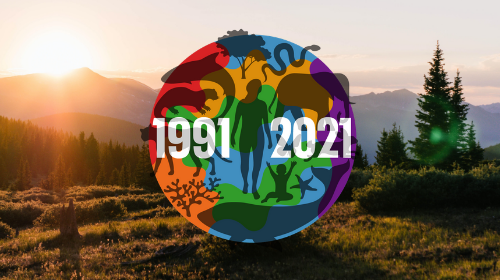
Jonathon Porritt: Still hot on the campaign trail
To celebrate Earth Day in Population Matters’ 30th anniversary year, activist Stella Wright from our London group asks our President, Jonathon Porritt, some searching questions about the population issue and the future.

Stella Wright: You’ve been a Patron of Population Matters for more than 10 years, and a long-term campaigner surrounding population issues. Has the subject got any easier to talk about over the last decade?
Jonathon Porritt: I sometimes find it hard to explain just how different the ‘population debate’ today is compared to the 1970s and 1980s. The idea of talking about the long-term prospects for humankind without putting the population question at the heart of those inquiries would have been seen then as ridiculous. The combined impact of humankind on the natural world is obviously a function of how many people there are on the planet, and of how those people live their lives. Two sides of the same coin.
This changed in the 1990s. Paradoxically, the hugely important UN Conference on Population and Development in Cairo in 1994, following on directly from the Earth Summit in Rio de Janeiro in 1992, turned out to be the high point in addressing unsustainable population growth rather than the solid foundation on which to build a global consensus around the pre-eminent importance of rights-based, progressive family planning. We simply have to rebuild that foundation.
SW: Is there a single quote, or statistic that really seems to hit home for people who are reluctant to accept population growth as a threat?
JP: Perhaps unimaginatively, I still find my fellow Patron Sir David Attenborough’s quote to be the most appropriate and useful: “All our environmental problems become easier to solve with fewer people, and harder – and ultimately impossible – to solve with ever more people.” And, not surprisingly, I find myself endlessly returning to that figure of 270 million women of reproductive age who are not able to manage their own fertility. Up from 232 million in 1990.
SW: At the London Group, we’re setting up a youth action group, to encourage younger people to get involved. In your experience, do younger generations tend to be more understanding and accepting of population issues?
JP: As a young activist in my 20s, back in the 1970s, population was just accepted as a critical part of the web of issues and challenges that had to be engaged with. But there was nobody at that time trying to ‘de-legitimise’ the debate, let alone call into question the values and political integrity of those who felt particularly strongly about population and family planning. There’s far too much of that going on today, and I think that sometimes discourages young people from getting involved. As I heard rather plaintively from a young member of the Green Party in a recent Zoom session: ‘I’m not sure that I want to go stumbling into the population minefield!’.

SW: Do you expect population growth to one day be accepted as a widespread issue, or do you see it remaining as a controversial topic or even opinion?
JP: I fear it will never be uncontroversial. And let’s be honest about part of the reason why that’s so: the backstory of some population campaigning in the past is deeply regrettable. No-one can deny that there have been some repugnant, deeply authoritarian campaigns to control women’s fertility (in both China and India, for example), and it’s not hard to unearth racist and misogynistic individuals who weave population control into their hateful world views. But all this is so far from the kind of work done today by population advocacy organisations, including Population Matters here in the UK, of which I am proud to be the President. The emphasis for NGOs operating today is on women’s rights, non-coercive family planning, on the wider benefits of education for girls and of reproductive healthcare, and on ensuring that women can manage their own fertility, especially in repressive and male-dominated cultures.
SW: The majority of people would like to hope that they won’t witness the serious environmental effects of a growing population and consumption in their lifetime. But how much time do we really have before it’s too late to make positive change?
JP: To a certain extent, everybody involved in the debate about climate change agrees that it’s already ‘too late’ for some things if not for others: it’s too late, for instance, to get concentrations of CO2 in the atmosphere back to the level they were at before the Industrial Revolution. This in turn means that it’s too late to avoid massive climate- induced disruption over the next few decades. There’s more or less complete consensus on that score. Beyond that, many scientists now feel it’s too late to restrict the average temperature increase to below 1.5°C by the end of the century, but still believe it is not too late to stay below 2°C. And that means we still have a reasonable chance of avoiding runaway climate change before things start moving so fast that there’s nothing we can do about them.
SW: We know that having one fewer child is the biggest thing a person can do to lessen their impact on the planet, but is this enough? What other choices have you made in your own personal life, that you think others should also consider?
JP: It is indeed – and we need to keep spelling that out loud and clear. However this angers the growing number of pro-natalists who believe that the destiny of their country or ethnic group depends on persuading/ incentivising women to have more rather than fewer children. Most pro-natalists today subscribe to right-wing, deeply intolerant and divisive views that seek to advance the interests of their own particular race/ tribe/culture/people. Apart from that, in terms of our lifestyles, eat less meat, live simply, shop rarely and waste nothing.
SW: What gives you the motivation to carry on spreading the population message?
JP: Because it’s so blindingly obvious!
Just as we have to go on speaking the truth to those in power, so we have to go on speaking reason to all reasonable and caring people – as articulated so eloquently in the 2017 Scientists’ Warning to Humanity. And we have to do that especially to the significant number of environment and development NGOs in the West who will still not properly acknowledge that population growth is one of the principal drivers of both the climate and the ecological emergencies.
SW: What would you say to the current generation about the importance of continuing to campaign for change? Do you think we should be even more radical and vocal than even your generation?
JP: I feel really bad that this burden now rests on the shoulders of so many young people today, and that so many feel understandable anger that it should have come to this – that our generation should have been so woefully neglectful in addressing these priorities. So what happened in 2019, with schoolchildren going on strike and the explosion of young climate activist voices in our midst, was enormously important. I see no reason why the anger of young people will not continue to grow and grow as the full extent of our betrayal of them is revealed. Nearly 30% of today’s global population is under the age of 18, increasingly well-informed about climate change, increasingly connected through the internet. The phenomenon of ‘intergenerational rage’ will become one of the most significant factors of the next decade, not least as that kind of rage will be so important in sustaining young people’s hopes.
SW: After such a long career as an activist, do you feel just as driven as you always have?
JP: I do indeed!
Stella Wright is a member of the Population Matters London Group. Already aware of how everyone’s life choices impact on the planet, she decided to attend PM’s 2019 annual conference, which she calls a ‘light bulb moment’: “I realised the biggest way I could reduce my impact on the planet and make it a better place for future generations was to have fewer or no children and encourage and empower others to do the same. Since then, I’ve spent my free time volunteering for Population Matters with the London group, working on the social media channels as well as playing an active role in the committee and attending events to champion better choices.”
Jonathon Porritt CBE is a leading environmental campaigner, who headed up Friends of the Earth from 1984-90 during some of its most effective campaigning around nuclear power, tropical deforestation, and food and farming issues. Prior to that he was co-chair of the Green Party. In 1996, he established Forum for the Future, now the UK’s leading sustainable development charity working to achieve practical solutions in partnership with proactive businesses, policymakers and the voluntary sector. Throughout his career, he has championed the case for addressing human population as the ultimate, underpinning sustainability issue and is currently President of Population Matters. Find out more about his latest book, ‘Hope in hell: A decade to confront the climate emergency’, at jonathonporritt.com.
30 years: Let's #MakeItPossible

This year marks Population Matters’ 30th anniversary but more importantly it’s the 30-year countdown to 2050, which is one of the most significant milestones for reshaping humanity’s impact on our planet – before it’s too late.
Will you help make a better future possible?


